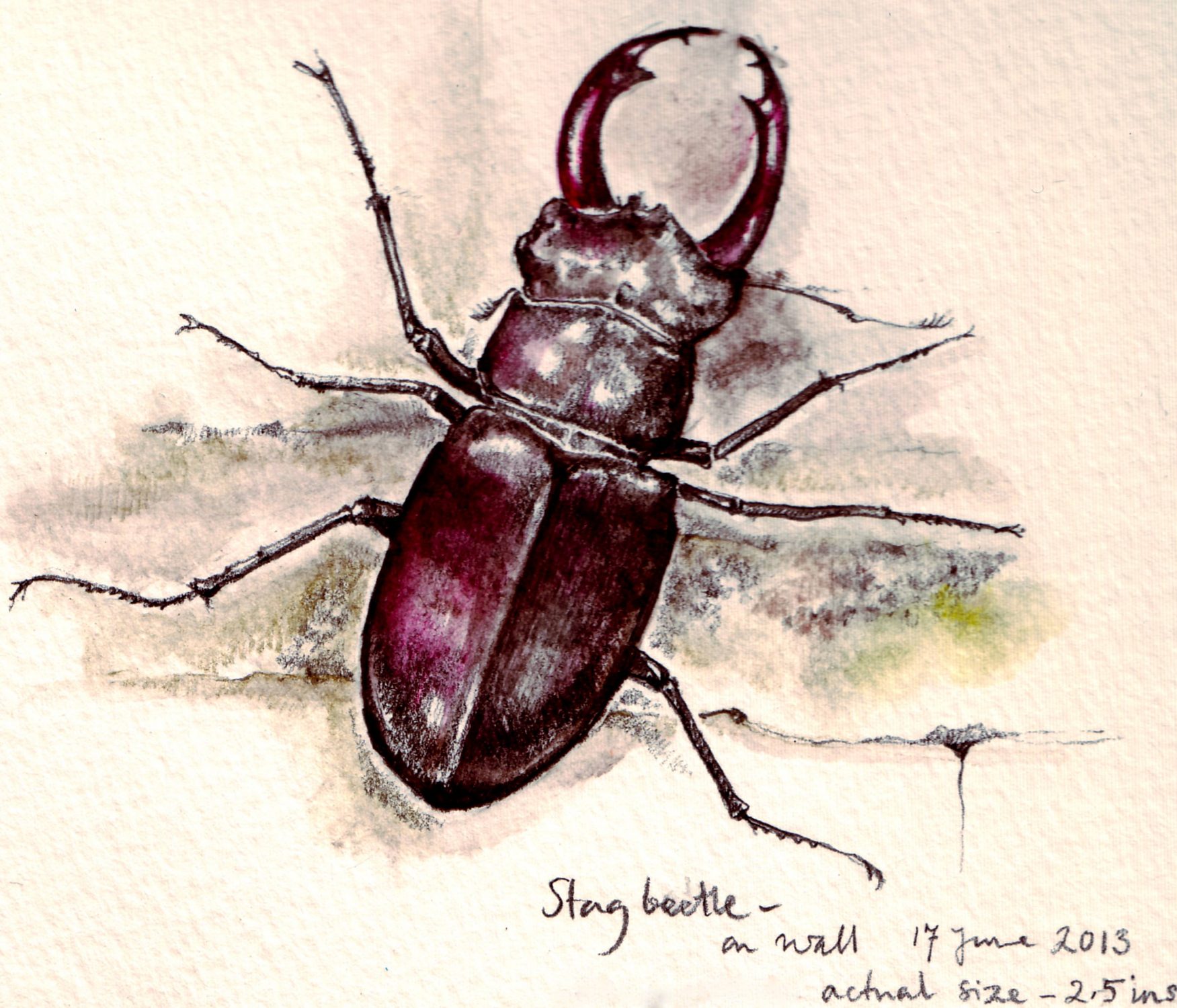I am Not a Tourist, I Live Here – Mexico
“Why don’t you have a tan?” This is the question Dr Cath Andrews is always asked on returning home to the UK from Mexico. It seems that Mexico lives in the British imagination as a tourist destination, where the sun always shines and all residents must have time to sunbathe.
Cath explains that living in Mexico is very different to visiting as a tourist.
Early English – The Latin Alphabet
In our last post, we discovered the runic alphabet and the Futhorc, and now we are going to look at what came next. The Latin alphabet.
The Futhorc was gradually replaced by the Latin alphabet. However, it seems that the Latin alphabet was not perfectly suited to represent English, which contained sounds that did not exist in Latin, and so people adapted it with the addition of a few runes: thorn to represent ‘th’ and wynn to represent ‘w’, as well as a few adaptations in usage of the already existing Latin letters in order to make them better suited to representing English sounds.
Offline Minecraft Activities
What to do When Your Parent Says ‘No More Minecraft Today!’
You could wail, ‘That is UNFAIR! You are horrible to me, you are so MEAN!’… or you could talk to them about WHY they are banning Minecraft for the day. Is it perhaps because you’ve been playing for hours and hours, and they think that you should get off the computer/iPod/Playstation?
We are willing to bet that is the reason, not because they want to annoy you. We parents worry that you are online too much, that you are ruining your eyes, that you are going to turn into a big square person who looks just like Steve!
So instead of complaining, how about you and your parents have a look at these fab OFFLINE Minecraft activities that are all to do with Minecraft, so that both you and your parents are happy? (Remember our article about negotiation? That is what this is!)
CURIOUS CREATURES 2 – The Stag Beetle
The strangest creatures are, to me,
The ones I love the best.
The creepy, crawly and the odd
Are cooler than the rest…
These magnificent beasties are the armoured vehicles of the insect population and the largest terrestrial-dwelling beetles in the UK. Their common name is a reference – unsurprisingly – to their antler-shaped “mandibles” or jaws, which they use to fight over territory, but not, perhaps surprisingly, to win the respect of female Stag Beetles..!
These Curious Creatures have intrigued me ever since I found an expired female stag beetle (see below ) in a south-west France many years ago. I drew it next to a blackbird’s feather, captivated by the different tones of black, the textural contrasts and inky depths of colour. I found it – and still find them all as a species – fascinating and beautiful, particularly the males, with their extraordinary maroon-red mandibles.





